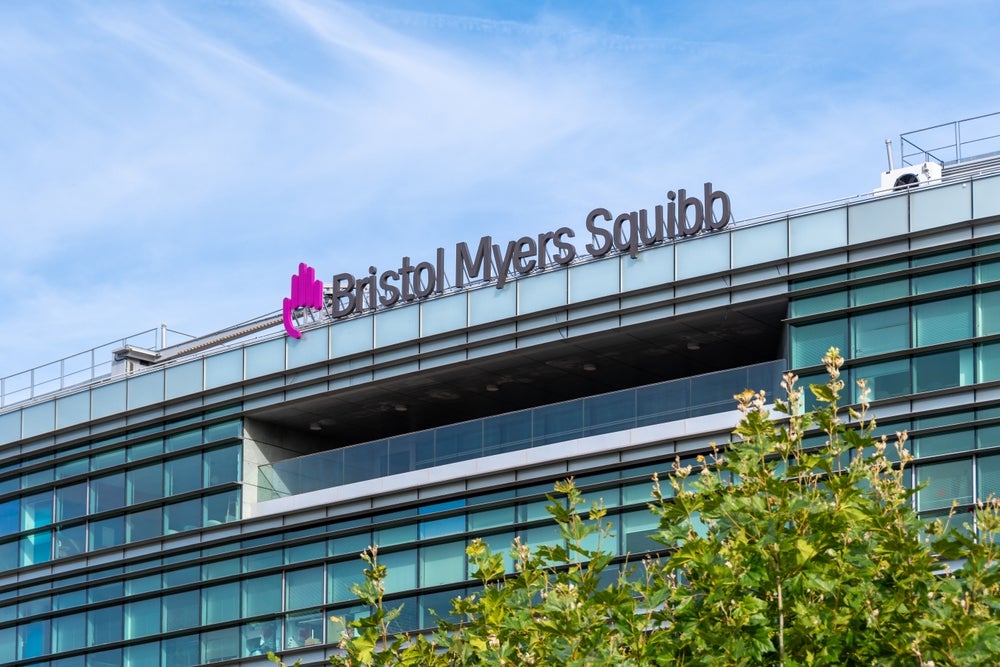BMS has reported its results for the 2023 financial year (FY), revealing a 2% decrease in revenues of $45bn from $46.2bn reported in 2022.
The company saw a decrease in sales of Revlimid (lenalidomide) following the entry of generic versions after its patent loss in 2022. Revlimid generated $6bn in 2023, compared to $12.9bn in 2021 before the loss.
BMS’ blockbuster cancer drug Opdivo generated $9bn in 2023, a 9% increase from 2022. The human IgG4 anti-PD-1 monoclonal antibody saw a label expansion, as well as increased demand from patients with gastric, bladder, non-small cell lung cancer (NSCLC) and melanoma.
BMS’ top-seller is anti-stroke drug Eliquis (apixaban), generating $12.2bn in 2023, however, Eliquis loses its patent in 2026, with GlobalData predicting that sales will drop to $3bn by 2029.
In a strategic move to counteract anticipated revenue declines from upcoming patent expirations on certain BMS drugs in the next few years, the company acquired Mirati Therapeutics in a $5.8bn deal where it gained lung cancer drug Krazati (adagrasib). According to GlobalData’s Pharma Intelligence Center, Krazati is forecast to generate $1.3bn in 2029.
GlobalData is the parent company of Pharmaceutical Technology.
The company also announced its plan to acquire Karuna Therapeutics for $14bn in December 2023, gaining access to Karuna’s potential antipsychotic therapy KarXT (xanomeline-trospium), which is currently awaiting approval for schizophrenia. The drug is also being studied as a treatment for Alzheimer’s disease psychosis.
BMS joins the ranks of pharmaceutical companies facing pressure under US President Biden’s Inflation Reduction Act (IRA). Among the medications affected, BMS collaborates with Pfizer on Eliquis (apixaban) and AstraZeneca on Farxiga (dapagliflozin), both of which are among the ten drugs slated for price negotiations with the Centers for Medicare and Medicaid Services (CMS).
On 1 February, CMS made the first negotiating offer for these selected drugs.
In response, PhRMA, the organisation representing several pharma companies such as BMS that has been lobbying against the IRA, issued a statement saying: “Government bureaucrats are operating behind closed doors to set medicine prices without disclosing for months how they arrived at the price or how much patient and provider input was used.”
In the announcement accompanying the FY results, BMS CEO Christopher Boerner said: “We saw good performance in the fourth quarter from our in-line and new products and took several actions to strengthen the company and build a foundation for sustainable growth.
“In 2024, our focus is on delivering strong commercial execution and accelerating opportunities that enhance our growth profile in the middle of the decade and beyond.”









